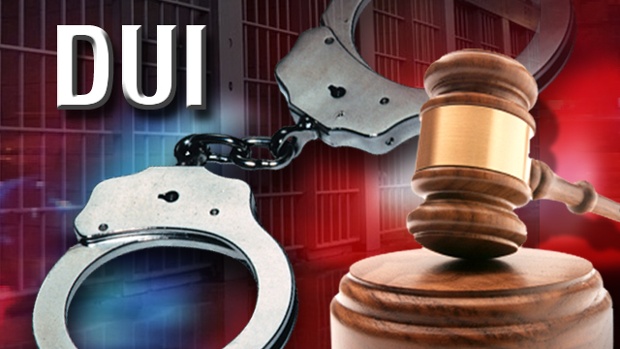
Steering insurance claims after a crash might seem straightforward, but is it really that simple? The truth is, understanding the intricacies of the claims process can make a significant difference in your recovery. From timely reporting to gathering essential documentation, each step plays an important role in asserting your entitlement to compensation. What challenges could arise if you overlook these details, and how might they impact your overall outcome?
When you've been in a crash, steering through the insurance claims process can feel overwhelming, especially if you aren't familiar with the necessary steps. The significance of managing this process can't be overstated, as it affects not only your financial recovery but also your overall peace of mind after the accident. A thorough understanding of the claims process guarantees that you receive the compensation you're entitled to while minimizing potential complications.
Navigating the insurance claims process after a crash is vital for your financial recovery and peace of mind.
Timely reporting of the accident to your insurance company is essential. Most policies require you to notify them shortly after an incident occurs. Delays can lead to complications or even denials of claims. As you initiate this process, it's important to gather extensive documentation. Collecting photos of the accident scene, witness statements, and the police report can greatly bolster your claim. These details serve as evidence, helping to establish the facts surrounding the crash. Additionally, traffic law violations can impact how your claim is processed, so being aware of any possible infractions is important.
Understanding your insurance policy is another significant step in the claims process. Familiarizing yourself with the types of coverage you have—such as liability, collision, comprehensive, uninsured motorist, and personal injury protection—sets clear expectations regarding what's covered and the deductibles that may apply. This knowledge allows you to approach the claims process with confidence, knowing what to anticipate from your insurer. Additionally, knowing the car insurance deductible amount is crucial as it affects how much you will pay out-of-pocket before coverage kicks in.
Communication with your insurance adjuster is crucial throughout the process. Keeping an open line of communication guarantees that you're informed about the status of your claim and any additional information or documentation that may be required. Clear communication can prevent misunderstandings that could delay your claim's resolution.
In more complex cases, seeking professional guidance can be a wise decision. For instance, if fault is disputed or if you face challenges with your insurer, a knowledgeable expert can provide valuable insight and advice. This support can be especially beneficial when negotiating with adjusters or other insurance companies, as they may have more experience in these situations.
After a crash, it's important to follow specific steps. Checking for injuries and moving vehicles to a safe location should be your first priority. Gathering information from other involved parties is also significant. Exchanging contact and insurance details can streamline the claims process. Documenting the scene through photos and obtaining a police report further strengthens your position.
As you manage the claims process, be aware of potential challenges. Fault disputes can complicate matters, and lack of communication from insurance companies can hinder progress. Understanding policy limitations and exclusions is essential, as these can affect your claim's approval and the compensation you receive. Keeping detailed records throughout the process helps you track your claim and identify any discrepancies.
Ultimately, knowing the steps to take and the potential challenges you'll face is fundamental to successfully managing insurance claims after a crash. By taking a proactive approach, you empower yourself to advocate for your rights and guarantee that you receive the compensation you deserve.
Conclusion
Maneuvering insurance claims after a crash isn't just a bureaucratic task; it's your lifeline to recovery. Picture yourself sifting through the rubble of the accident, collecting essential evidence like shards of glass and witness accounts. Each document you gather is a powerful tool, fortifying your claim and paving the way to financial restoration. By understanding the claims process, you not only reclaim your peace of mind but also guarantee your rights are upheld, enabling you to rebuild and move forward.
